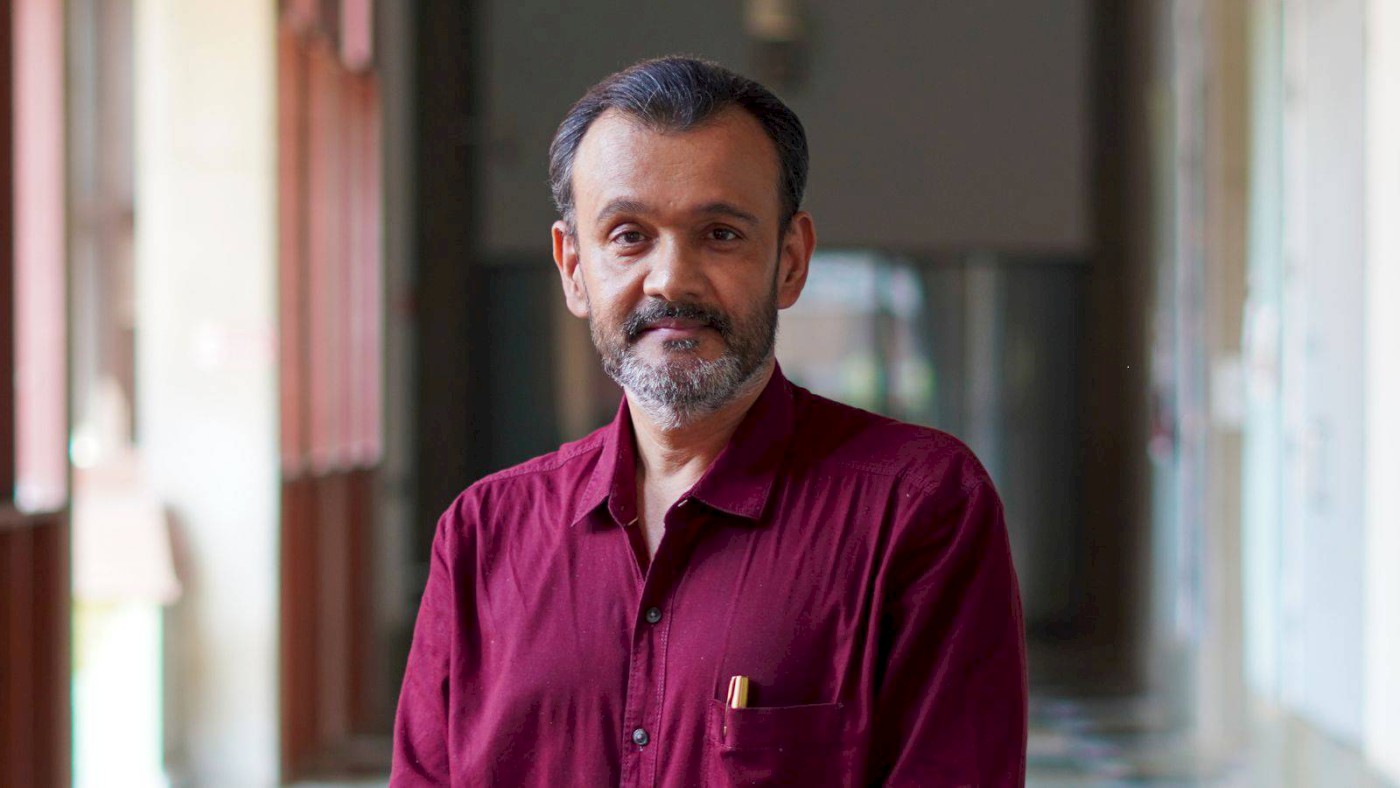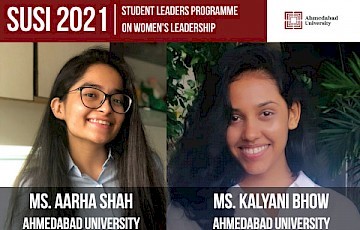26 June 2025
Study Reveals Standardised Protocols and Citizen Participation Key for Effective Tech-Driven Urban Governance

Digital technology-based initiatives aim to generate real-time, big data for informed decision-making. India has made consistent efforts since 1993 to improve urban governance, starting with the 74th Constitutional Amendment that promoted decentralised, participatory decision-making. With the rise of smart cities and digital technologies, cities increasingly rely on real-time data and analytics.
One such initiative is the Swachh Survekshan (SS), launched in 2016 under the Swachh Bharat Mission, which assesses how cities manage solid waste. Bhargav Adhvaryu, Professor, Amrut Mody School of Management, investigates the implementation and impact of data-driven governance in Indian cities through the lens of the Swachh Survekshan (SS) initiative in his recently published paper, "Let's get digital: Exploring urban governance and management in India."
Professor Adhvaryu explores how SS data is collected and used in governance by taking Thiruvananthapuram as the case study. The study details how SS has created incentives for better waste management and citizen engagement but is often treated as a formality to secure funding and lacks consistency and data management training. Additionally, the city-specific realities are ignored due to the centralised, one-size-fits-all approach. The multi-layered governance—local, state, national—creates confusion and makes coordination difficult. Top-down data demands often sideline participatory planning at the local level. As a result, although cities generate data, its effectiveness remains questionable.
The study highlights key challenges hindering the effective integration of data-centric systems in local governance, including weak institutional capacity, a lack of standardised data protocols, fragmented governance, and tensions between participatory and top-down models. Despite national efforts towards digital infrastructure and smart city frameworks, these ground-level complexities limit the impact of digital governance. This suggests that current governance practices are deeply entrenched in ad-hoc processes, making abrupt adoption of data-centric governance an unrealistic objective.
Professor Adhvaryu, in this study, advocates for standardised and granular data protocols for all agencies to ensure data consistency and reliability. He suggests creating shared data collection, access, and analysis systems to reduce duplication and improve decision-making. He also suggests facilitating cooperation between government departments and across governance levels to streamline data processes.
Additionally, Professor Adhvaryu suggests building the capacity of officials by training them in data analysis and interpretation and internal accountability mechanisms to improve data ownership and quality. Taking cues from the SS data, he calls for prioritising interventions that align with actual city-level needs, reforming outdated governance practices, and striking a balance between community participation and data-centric approaches.
The study, co-authored with Riby Rachel Mathew, Urban Planning Consultant, and published in Elsevier's Habitat International journal, recognises the complexity of adopting data-centric systems in medium-sized cities but underlines that successful integration is possible through long-term institutional development, better data infrastructure, and sustained capacity-building.



